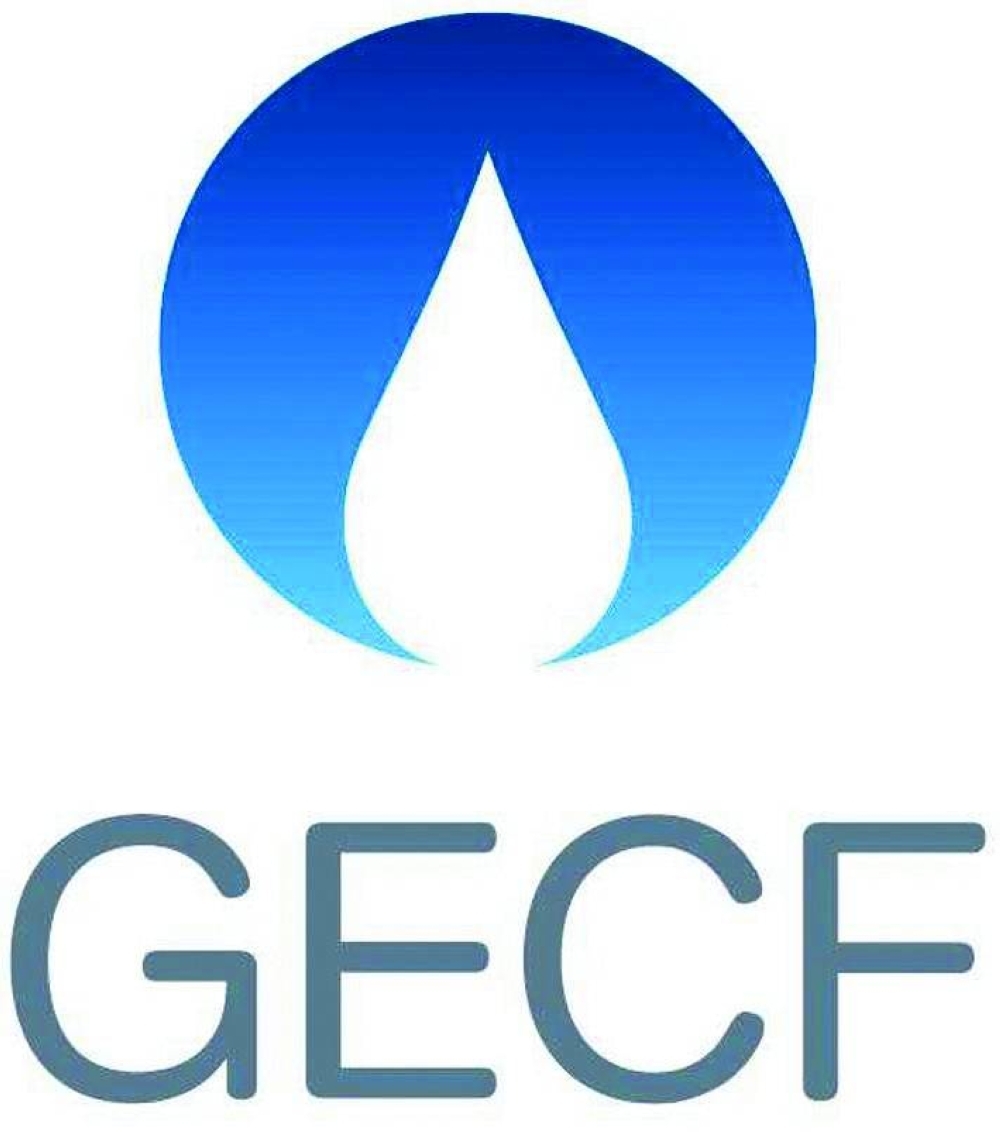Natural gas consumption is projected to increase by 36% even as its contribution to the global energy mix will go up from the current 23% to 26% by 2050, Doha-headquartered GECF said in its updated Global Gas Outlook.
The outlook foresees a sustained increase in primary energy consumption over the next three decades. This growth is underpinned by a rising global population and a doubling of the global economy’s size by 2050.
Natural gas’ leadership position establishes it as the dominant energy source, surpassing coal, oil, and even renewables, despite the latter being the fastest-growing energy sector during this period.
Following the 25th GECF Ministerial Meeting in Malabo, Equatorial Guinea, the Gas Exporting Countries Forum, examined recent short-term gas market developments and immediate prospects.
The meeting noted with satisfaction the continued growth in natural gas demand, and number of LNG importing countries, and despite a mild winter season, expanded renewable and nuclear energy output, and policy-driven demand reduction measures in some countries.
It also recognised the resilience of global gas supply, as well as the sustainable gas output of GECF member countries, which contributes to strengthening global energy security.
While prices have markedly softened in comparison of last year’s summer levels, and volatility has declined, gas markets will nevertheless continue to be tight should the upcoming winter be colder than normal in the Northern Hemisphere.
The ministers also noted that in the medium term, market tightness will begin to ease after 2025 when the majority of new LNG projects are set to be commissioned, with GECF member countries spearheading this expansion.
The meeting welcomed the efforts of GECF member countries in reducing gas flaring, methane emissions, and the carbon footprint of natural gas operations.
It also underscored the crucial role of technology in making natural gas even cleaner, such as carbon capture, utilisation, and storage, as well as low-carbon hydrogen and ammonia.
It resoundingly affirmed its unwavering support for African nations in their resolute pursuit of eradicating energy poverty, recognising the profound urgency of this mission in the face of grim statistics. It is a stark reality that over 600mn individuals in Africa still lack access to electricity, while more than 970mn do not have access to clean cooking.
Moreover, the Meeting underscored the pressing role of the United Nations Sustainable Development Goals (UN SDGs) and the imperative of implementing them in a comprehensive and harmonious manner, considering their economic, social, and environmental dimensions.
This holistic approach resonates with the concerns highlighted in the recent UN SDG progress report, which regrettably reveals that nearly half of the targets are behind schedule.
GECF asserted the essential role of investment and the necessity of fostering an environment that encourages unrestricted investment and promotes financial cooperation across continents.
It also emphasised the importance of ensuring equitable access to all technologies. These actions are instrumental in safeguarding the stability of both energy demand and supply, taking into account national circumstances, capabilities, and priorities.
In this context, the meeting cautioned against misguided calls to halt natural gas investment. Such actions could lead to supply shortages, inflated prices, and a potential return to coal, as seen in 2022, undermining emission reduction objectives.
Furthermore, it reiterated the crucial significance of safeguarding critical gas infrastructure, both on a national and international scale, to facilitate the seamless flow of natural gas. It underscored the imperative of protecting these facilities from natural disasters, technological mishaps, man-made threats, and deliberate attacks.
Natural gas consumption projected to rise, share in global energy mix to go up to 26% by 2050: GECF

Related tags :


